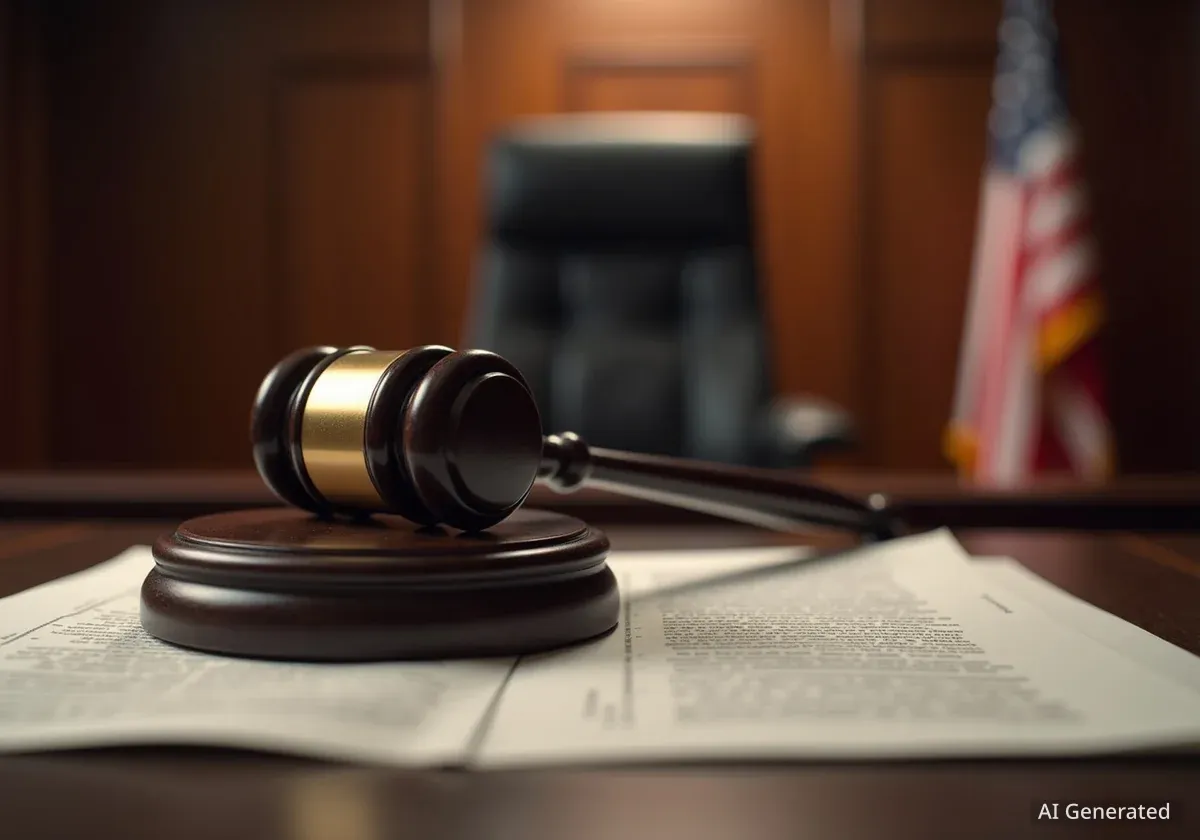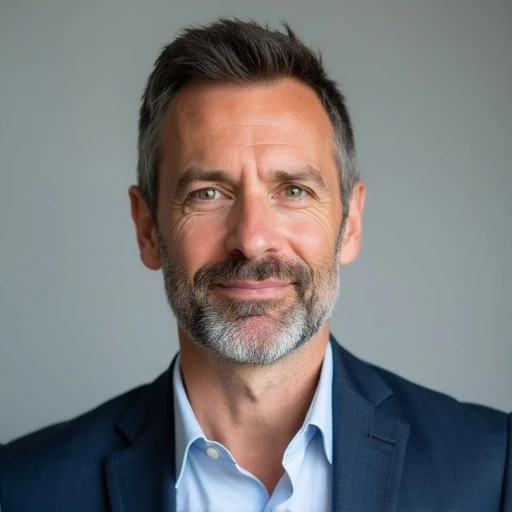A federal judge has issued a temporary restraining order preventing the University of South Dakota from firing an art professor who made controversial comments about a conservative commentator on social media. The court's decision cited First Amendment protections, allowing the professor to continue teaching while his lawsuit against the university proceeds.
Key Takeaways
- A federal judge ruled that University of South Dakota professor Phillip Hook's job is protected for now under the First Amendment.
- The university moved to terminate Hook after he called conservative commentator Charlie Kirk a "hate spreading Nazi" in a Facebook post.
- The judge found Hook was speaking as a private citizen on a matter of public interest and his comments did not cause disruption at the university.
- The case has drawn reactions from state officials calling for his dismissal and nearly 9,500 students and supporters who signed a petition for his reinstatement.
Federal Court Intervenes in Employment Dispute
A U.S. District Court has temporarily blocked the University of South Dakota (USD) from terminating art professor Phillip Hook. The decision came after Hook filed a lawsuit against the university, claiming his First Amendment rights were violated.
U.S. District Judge Karen Schreier issued the temporary restraining order on Wednesday, ensuring Hook can remain in his position. A preliminary injunction hearing has been scheduled for October 8 to further review the case.
The Judge's Rationale
In her ruling, Judge Schreier stated that Hook's social media post "is entitled to First Amendment protection." She determined that the university had not provided sufficient evidence to prove that the professor's comments caused any significant "disruption" to the university's operations.
The court also concluded that Hook was acting as a private citizen commenting on a matter of public concern. Speech of this nature generally receives a high level of constitutional protection.
Understanding Public Employee Speech
The First Amendment's protection of free speech for public employees is complex. Courts often use a balancing test, weighing the employee's right to speak on matters of public interest against the government's interest in maintaining an efficient workplace. Key factors include whether the employee spoke as a citizen and whether the speech disrupted operations.
The Social Media Post and Its Aftermath
The dispute began on September 10, when Professor Hook made a post on his personal Facebook account regarding the late conservative commentator Charlie Kirk.
In the post, Hook wrote, “Okay. I don’t give a flying f*** about this Kirk person. Apparently he was a hate spreading Nazi.” He added, “I have no thoughts or prayers for this hate spreading Nazi. A shrug, maybe.”
Later the same day, Hook posted a follow-up message expressing regret. “Apparently my frustration with the sudden onslaught of coverage concerning a guy shot today led to a post I mow [sic] regret posting,” he wrote. He also offered a “public apology to those who were offended.”
Timeline of Events:
- Sept. 10: Professor Hook makes the initial Facebook post and a subsequent apology.
- Following Days: The university places Hook on administrative leave and the South Dakota Board of Regents moves to terminate him.
- Sept. 23: Hook files a lawsuit to block his termination.
- Sept. 25: A federal judge grants a temporary restraining order.
- Oct. 8: A preliminary injunction hearing is scheduled.
Response from University and State Officials
Following the Facebook post, university officials quickly took action. Hook was placed on administrative leave, and the South Dakota Board of Regents informed him of their intent to terminate his employment.
The professor's comments also drew criticism from high-profile state officials. South Dakota Speaker of the House Jon Hansen and Republican Governor Larry Rhoden both publicly called for Hook's dismissal.
“When I read this post, I was shaking mad,” Governor Rhoden wrote in a Facebook post that included a screenshot of Hook's comments. “This individual stands in front of South Dakota students to educate them. We must not send the message to our kids that this is acceptable public discourse.”
This political pressure formed a key part of the legal argument made by Hook's defense.
Legal Arguments and Public Support
In the lawsuit filed on September 23, Hook's legal team argued that the university's actions were a direct violation of his constitutional rights. The complaint stated that the university was punishing him for protected speech.
“A public sector employee doesn’t forfeit the right to free speech because they happen to be a public employee,” said Jim Leach, Hook's attorney. “Yet here, we have the government, at the highest level, punishing Professor Hook for his political speech.”
The incident has also sparked a significant response from the student body and the public. An online petition was created by USD students to support the professor's reinstatement. As of the court's ruling, the petition had collected nearly 9,500 signatures.
The petition states, “...Hook was punished for exercising the First Amendment of the United States Constitution. This gives our campus the idea that we are not allowed to use our right to the Freedom of Speech.” The outcome of the upcoming hearing will be closely watched as a test of free speech rights for public university employees.





